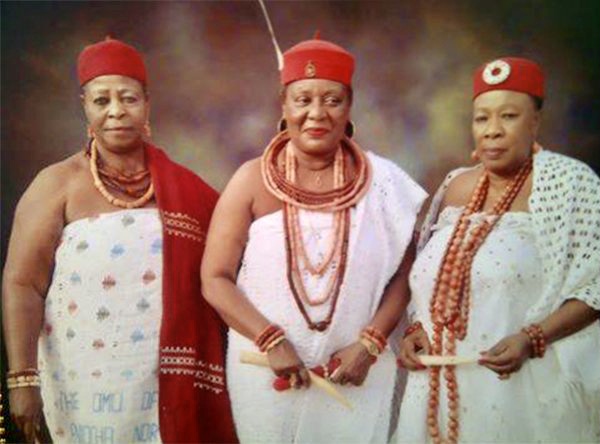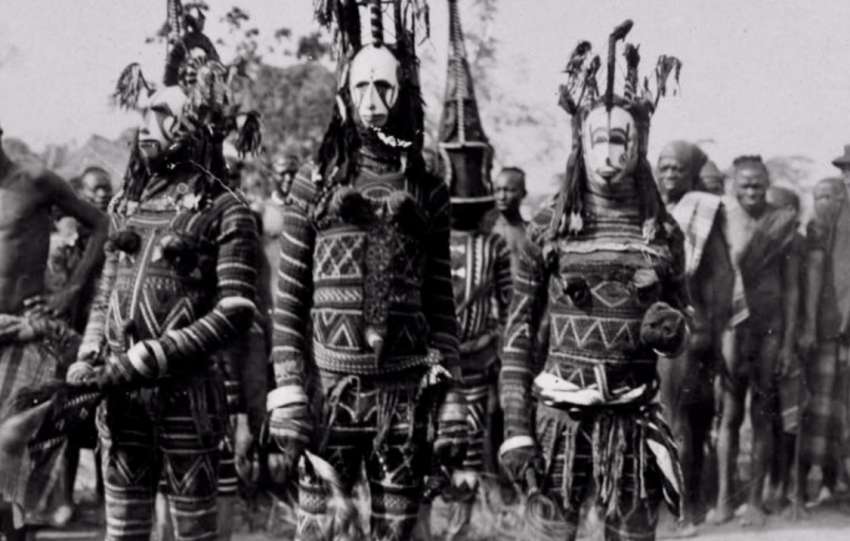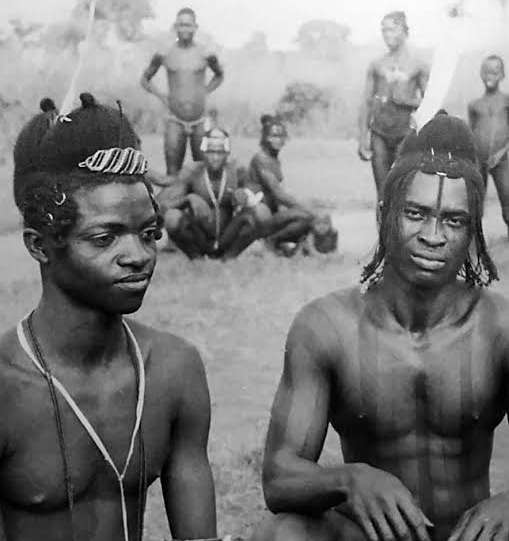The Anioma people are among the smallest groupings of the Igbo ethnic group. They are mainly from Delta State, Nigeria, though the majority are from Edo State. The term “Anioma” was coined from the initial letters of four dialect groups that surround the area: Aniocha, Ndokwa, Ika, and Oshimili, with “MA” added to complete the meaning. Anioma, meaning “The Goodland,” is an attribute to the rich and green lands of this area, extending from the calm banks of the River Niger down to Agbor.
Stories on the Odiani clan of Anioma by Chief Okonkwo of Ukwu Nzu. Video: Proudly Ndi Anioma
Geographic and Demographic Overview
Anioma people are found chiefly in the northeast of Delta State, which falls into the Delta North Senatorial District. This district includes nine Local Government Areas: Aniocha North, Aniocha South, Ndokwa East, Ndokwa West, Ika North East, Ika South, Oshimili North, Oshimili South, and Ukwuani. There are also communities of Anioma in some parts of Edo State, like Igbanke, and other states of the country, like in Anambra-for instance, Ozubulu and Onitsha-and in Rivers-for instance, Ndoni. The number is approximately 1.8 million.
The city of Asaba is located along the River Niger. It is the capital of Delta State and is the largest city for the Anioma people. Other major towns in the Anioma area include Okpanam, Igbuzor, and other surrounding communities.
Cultural Heritage and Practices
The Anioma people are predominantly noted for their culture, which is manifested in their language, music, dance, and mode of dressing. They are a peaceful community, much attached to farming. The good farmers utilize the fertile soil that helps in the growth of crops such as cassava, yam, and plantain. A good number of communities around the River Niger and Ase Creek engage in fishing to earn a living.
One of the most recognizable components of Anioma culture is their dance and music. The Egwu Oshushu, Olingba, Amala, and Agwuba Royal Dance are some of the local traditional dances performed at ceremonies, such as those taking place at a royal or community level. These lively musical dances express the immense history of the Anioma people and their bond with their community and its land.
Anioma dancers are full of energy, creativity, and charm. There are beautiful traditional costumes associated with such shows, like the well-known Akwa Ocha pure white, which is used for special occasions. All these factors, including the grace and showiness of the dancers, the beat and feeling of the music, always leave a strong impression on the audience.

The Ekumeku War: A Historical Highlight
The Anioma, like many Igbo groups, played an important role in resistance against British colonial rule. One of the most critical events in their history is the Ekumeku War. This fight lasted for thirty-one years and was a combined fight between the Anioma and other Igbo groups against British control. The war was one of the longest and most significant in Igbo history and reflected the strength and desire of the Anioma people to maintain their independence.
The Anioma people fought against foreign colonial forces, and they also had early contact with Western civilization, which affected their education and knowledge. Because of this, Anioma has one of the highest literacy rates among the Igbo people.
Anioma Towns and Communities
The Anioma area has many towns and villages, each with a history and a role to play in the Anioma identity. Some of the key towns include Asaba, Agbor, Igbanke, Ukwuani, among others. Each of these towns has its peculiar culture, but all of them share a common history and language that bind the people together.
Some of the Towns and Communities in Anioma Include:
| Abah | Adonta | Akwukwu-Igbo |
|---|---|---|
| Abala Anikoko | Afor | Alasime |
| Abavo | Agbor | Alidinma |
| Abi | Akakpan-Isumpe | Alihagu |
| Abodei | Ankara | Amai |
| Aboh | Akoku | Anakwa |
| Adai | Akuku-Akumazi | Anifekide |
| Adonta | Akumazi-Umuocha | Aninwalo |
| Afor | Akwukwu-Igbo | Aninwama-Jeta |
| Agbor | Alasime | Aniofu |
| Akakpan-Isumpe | Alidinma | Aniogo |
| Ankara | Alihagu | Anioma |
| Akoku | Amai | Anuregu |
| Akuku-Akumazi | Anakwa | Anwai |
| Akumazi-Umuocha | Anifekide | Asaba |
| Akwukwu-Igbo | Aninwalo | Asaba-Ase |
| Alasime | Aninwama-Jeta | Asaba-Ubulu |
| Alidinma | Aniofu | Ashaka |
| Alihagu | Aniogo | Ashama |
| Amai | Anioma | Atuma |
| Anakwa | Anuregu | Atuma-Iga |
| Anifekide | Anwai | Azagba-Ogwashi |
| Aninwalo | Asaba | Azagba-Ubieni |
| Aninwama-Jeta | Asaba-Ase | Boji-Boji |
| Aniofu | Asaba-Ubulu | Ebedi |
| Aniogo | Ashaka | Ebu |
| Anioma | Ashama | Edo-Ogwashi |
The Anioma people are an unusual and vivacious lot among the Igbo ethnic group; their culture is highly developed and closely connected with the soil and their traditions. The struggles of colonialism notwithstanding, modern life has barely shaken them off from maintaining their culture, language, and ways of life. They had important roles in developing and modernizing Nigeria during the olden days, and their cultural practices remain inspiring to the current generation. Besides this fact, these cultural practices keep on setting an example that secures their identity.
References:
- Anioma Voice Worldwide Foundation. (n.d.). About Anioma.
- Freshangle News. (2020, May 19). How the term “Anioma” was derived.
- Igbafe, P. A. (1971). Western Ibo society and its resistance to British rule: The Ekumeku movement 1898–1911. The Journal of African History, 12(3), 441–459.



